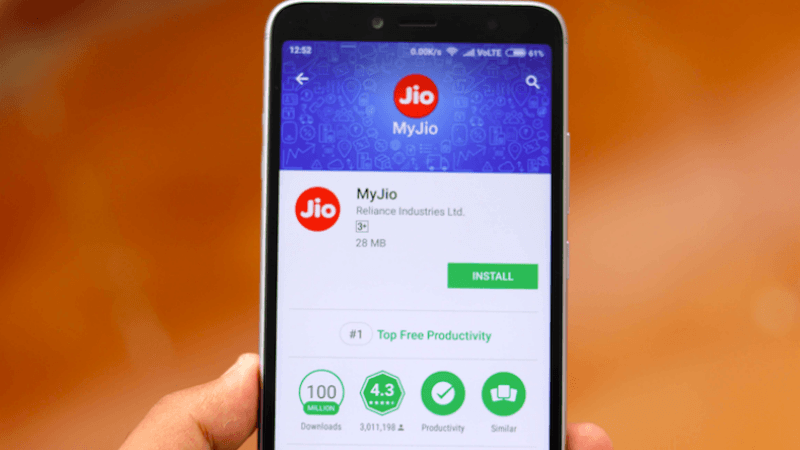“We are creating a hybrid, online-to-offline commerce platform by integrating Reliance Retail’s physical marketplace with Jio’s digital infrastructure & services,” it quoted Reliance Industries Chairman Mukesh Ambani as saying. “This platform will bring together 350 million customer footfalls at Reliance Retail stores, 307 million Jio connectivity customers & 30 million small merchants all over India who provide the last-mile physical market connectivity.” Jio’s free voice call and cheap data plans have helped grow data usage by two-fold in one year. The report put internet regulations in India at moderate. There are diverse regulatory bodies in India, many with the power to regulate access. On content regulation, it said India has “event-driven content filtering often without direct public input with some speech protection.” Also, there is some censorship, generally to remove ‘insulting content’, it said. Reliance announced its foray into the e-commerce segment with a hybrid online-offline model in 2018 and has since then acquired logistics and rural consumer-focused startups including logistics player Grab, software firm C-Square, vernacular language-as-a-service platform Reverie Langauge Technologies, government schemes/services aggregator EasyGovt and multiphysics simulation services SankhyaSutra Labs. According to the report, annual data usage of Jio network was between 17-18 exabytes (17-18 billion GB) in 2018, which is almost two times growth from 9 exabytes data usage in FY 2017. Further, the number of Reliance offline retail stores are reported to be about 11,000. The company plans to use its more than 5,100 Jio point stores located in 5,000 cities and towns as delivery and collection points for its e-commerce venture. With this, the company is expected to expand its direct reach to 95 per cent of India’s population.
